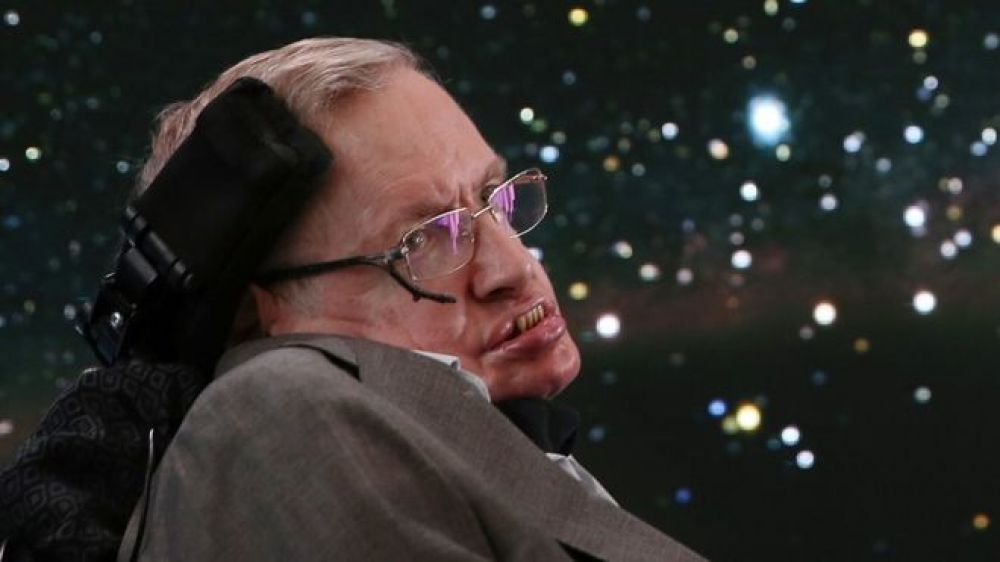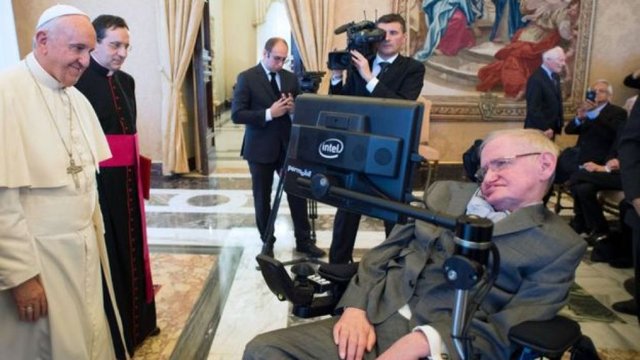Why did Stephen Hawking not believe in a superior being?
The scientist Stephen Hawking, who died on Wednesday, May 14 at age 76, faced his whole life with two questions that usually go hand in hand.
The first: how was the universe created?
To try to answer it, he devoted himself to the study of the theory of the Big Bang and the theory of everything, two of his greatest contributions to science, with which he tried to explain the origin of the universe.
Both, although quite complex, led him to a simple and forceful conclusion: "It is not necessary to invoke God to light the fuse and start the Universe". And so he wrote in his book "The great design" in 2010.
"The laws of physics can explain the universe without the need of God," said the same year in an interview with the British newspaper The Guardian.
After stating that the Big Bang was the beginning of everything, he inevitably faced the following question: and then what happened before?
Faced with this question, which could be repeated infinitely before each answer, it did not include the possibility of the existence of a God.
"When people ask me if God created the universe, I tell them that the question itself does not make sense," Hawking said in a video for cable television channel science channel Discovery Channel.
"Time did not exist before the Big Bang, so there was no time when God could create the universe."
Hawking, despite the complexity of his theories, felt that there was a better explanation for the origin of the universe than a creator God.
"For me, the simplest solution is that there is no God, nobody created the universe and nobody directs our destiny," he said.
Did he deny the existence of God?
But more than denying the existence of God, Hawking simply considered it futile to ask the question.
"One can not prove that God does not exist," he told the US network ABC in 2010. "But science makes God unnecessary."
In 1988, in his successful book "Brief history of time", Hawking even left an open door for a creator.
In the work he wrote that if we were to articulate the theory of everything, we could know "the mind of God".
Then, in 2007, he returned to the idea of the possibility of a God.
"I think the universe is governed by the laws of science," he said in an interview with Reuters. "The laws have been decreed by God, but God does not intervene to break the laws."
And after death, what?
Hawking said he was not afraid of death. And since he did not believe in God, he did not believe in heaven either.
"I think the brain is a computer that stops working when its components fail," he said in an interview with The Guardian in 2011.
"There is no heaven or life after death for damaged computers, that's a fairy tale for people who fear darkness."
That pragmatism, however, was what kept him amazed and urged him to seek the answers to those two questions that accompanied him throughout his life.
"There is probably no heaven or life after death," he said on Discovery Channel.
"We have this life to appreciate the great design of the universe, and for that, I am extremely grateful."